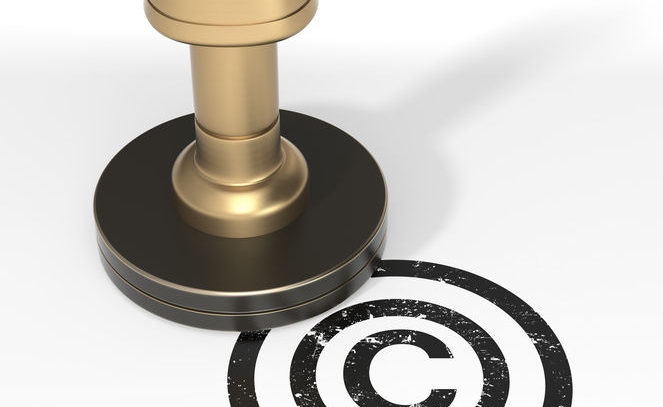What Constitutes Copyright Infringement?
Subject to certain defenses, it is copyright infringement for someone other than the author to do the following without the author’s permission:
1. copy or reproduce the work
2. create a new work derived from the original work (for example, by translating the work into a new language, by copying and distorting the image, or by transferring the work into a new medium of expression)
3. sell or give away the work, or a copy of the work, for the first time (but once the author has done so, the right to sell or give away the item is transferred to the new owner. This is known as the “first sale” doctrine: once a copyright owner has sold or given away the work or a copy of it, the recipient or purchaser may do as she pleases with what she possesses.) 17 U.S.C. §109(a).
4. perform or display the work in public (this right does not apply to visual art) without permission from the copyright owner. 17 U.S.C. §106. It is also copyright infringement to violate the “moral rights” of an author as defined by 17 U.S.C. 106A.

